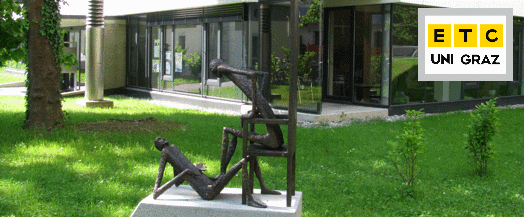In recent years, we witnessed key transformations of citizenship. Already in the 1990s, some argued that the importance of citizenship as legal status would diminish as the sphere of human rights widens. The compression of space-time renders citizenship increasingly meaningless as a form of identification and boundaries – of states, political communities, and the self – blurred and fluid. With globalization and transnational governance regimes abounding, the increasing enmeshment of citizenship in processes of governance, e.g. to attract high-skilled migrants, suggests that mobility, not belonging, is the key element. As such, citizenship may have lost in significance. Yet, at the same time, we see that citizenship still is the predominant institution that reflects global inequality and in which discourses on otherness unfold. The ‘right’ citizenship still largely defines the opportunities of a person under a domestic and global perspective. One could say that while the boundaries of states dwindle in terms of institutional integration, multidirectional dependence, or technological progress, states increase their boundaries in terms of raising the symbolic value of citizenship. It is this juxtaposition and tension inherent in the concept of citizenship today, which this conference seeks to illuminate, elucidate and review in an effort to understand the processes responsible for the changes. [...]
Interested in the conference? --> CONFERENCE HOMEPAGE
